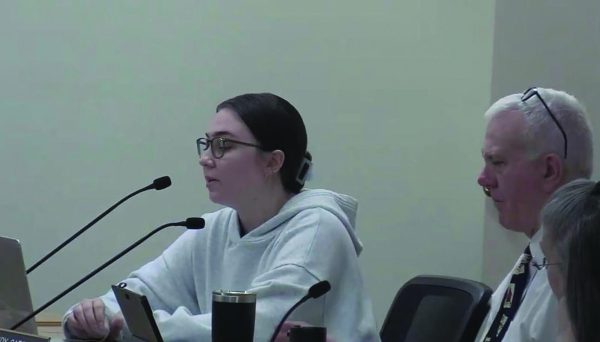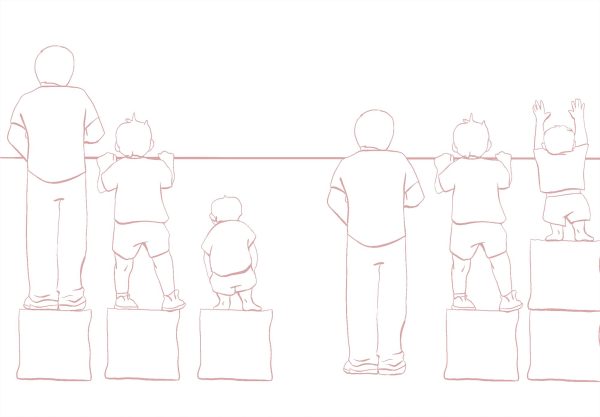Is Oregon Behind in Education
It’s Complicated
According to the National Center for Education, during the 2018-2019 school year, Oregon saw its high school graduation rate reach 80%, with the state ranking in the bottom five nationally. However, this data isn’t comparable on a state to state basis, given differences in state graduation standards. For example, as it was reported back in 2016 by NPR, Alabama underwent an audit by the U.S. Department of Education and a review by the state for an inflated graduation percentage.
In the article, NPR said that Alabama’s state superintendent of education at the time, Michael Sentance, admitted to an inflated rate. He told the news outlet that their rate included the Alabama Occupational Diploma, which required that a different set of standards be met. As well as this, there was a failure to ensure that districts were graduating students who met the requirements.
According to the Director of the Oregon Department of Education and Deputy Superintendent of Public Instruction, Colt Gill, when students relocate from their ninth grade school, they are still part of that school’s rate unless the student’s records are requested by their new school. This is something he says isn’t consistent across every state and is partly why Oregon’s graduation rate lags behind.
However, junior counselor Jan Rasmussen says there’s more to what is contributing to the state’s rate of graduation. According to him, students who are part of an offered special education program or who decide to drop out of high school are still factored into an individual schools rate. This is something he attributes to the inability of public schools to achieve a perfect rate of graduation.
Furthermore, English teacher Amber Ferguson suspects that a previous requirement to demonstrate proficiency in so-called Essential Skills could have also lowered graduation rates.This requirement was put on pause in 2021 as the Oregon legislature passed SB 744 which put a hold on requiring essential skills to graduate until 2024. However, Ferguson believes that school districts who couldn’t offer an alternative for students who weren’t proficient in essential skills could have contributed to a lower rate of graduation for some schools. So how do we improve it?
According to Gill, the links to higher rates of graduation with students in CTE programs has resulted in investments in those programs. Also, Gill points to the Student Success Act passed in 2019, which is said to give money for affinity-based groups to support marginalized students, as well as money for districts to work with the community to decide ways to assist groups of students at a lower rate of graduation.
Nevertheless, the pandemic’s impact on education is yet to be known, according Gill, as he worked with the Oregon Health Authority and the governor’s office during the pandemic. Despite that, Gill said there have been investments made for summer programs to assist students for both 2021 and 2022 and says that state summative assessments, once completed, could help the department recognize an impact caused by the pandemic.
These state summative assessments, which were used to demonstrate a student’s proficiency in essential skills, Gill believes better shows if the system is working, rather than a student’s ability to do well on a one day Smarter Balanced test. He says that most states have gotten rid of exit exams and that in states where they remained, students who don’t pass still receive a diploma.
According to Rasmussen, 100% of eligible students attending WAHS, meaning students that didn’t drop out or are part of Special Education, have received a diploma – students have until September to graduate. However, this is done through multiple reinforcements, according to both Rasmussen and Ferguson.
Through WAHS’ eight period schedule, students can recover credits, as well as through Odyssey, an online self-paced recovery program. However, Ferguson says that a student’s ability to be involved is a big part of a student’s success.
“I think that there is a correlation there between kids feeling disconnected to the school and not being successful in school,” Ferguson said. “We have a wide variety of activities and entry points for kids … and that’s one of the reasons that we’ve managed to be pretty successful.”
However, Ferguson says she has worked with students on the day of the graduation ceremony to get them across the finish line, but still believes that a student’s motivation is overall the determining factor.
“I think a high school diploma is a really important document for you to have,” Ferguson said. “It’s not going to open doors for you, but a lot of doors are going to shut for you if you don’t have it.”
Your donation will support the student journalists of West Albany High School. Your contribution will allow us to purchase equipment and cover our annual website hosting costs.

Ming is a fourth-year staff member and current editor-in-chief. To him, journalism is a way to use his inner curiosity in a way that impacts the student...





